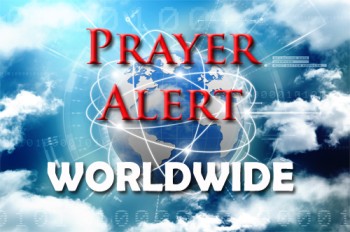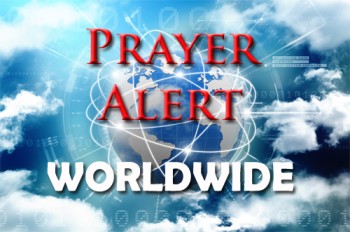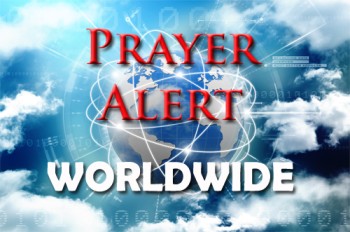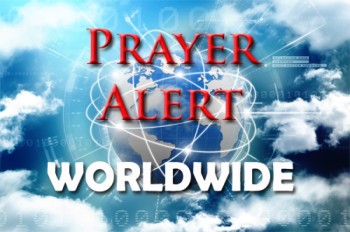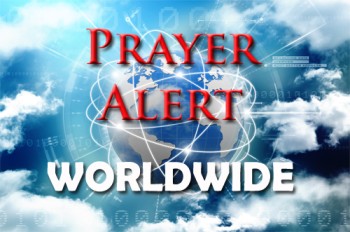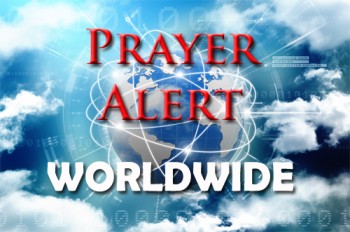Displaying items by tag: ANC
South Africa: Ramaphosa's second term, but with a coalition government
Cyril Ramaphosa has commenced his second full term as president, after his party formed a coalition government. In his inauguration speech, Ramaphosa highlighted the necessity for leaders to work together to address deep inequalities, warning that failure to do so could destabilise the nation. The ANC, governing since apartheid ended in 1994, lost its majority for the first time, securing only 40% of the vote and losing 70 seats. The Democratic Alliance (DA), which received 22%, and three smaller parties joined the coalition, having agreed a common agenda of fixing the country’s infrastructure, providing basic services such as water and power, and creating jobs. Ramaphosa has said that the country’s society remains deeply unequal and highly polarised, so he knows that there are some huge challenges ahead.
South Africa: ANC’s coalition dilemma
As predicted before the elections, the African National Congress (ANC) has lost its parliamentary majority, securing only 40% of the vote. To govern, it needs a coalition partner or might attempt a minority government. It could partner with the Democratic Alliance (DA), which won 22% but is widely seen as aiming to protect white minority privileges. Alternatively, it could align with Jacob Zuma's uMkhonto weSizwe (MK), which surprised many by gaining 15% of the vote, or Julius Malema's Economic Freedom Fighters (EFF); a third alternative is a government of national unity. Cyril Ramaphosa insists any coalition must respect the current constitution: the ANC, EFF, and MK combined still fall short of the two-thirds majority needed for constitutional changes. The decision about what to do will have a major impact on South Africa, which faces major security and economic challenges.
South Africa: has the ANC lost its way?
For years, the African National Congress (ANC) stood as a beacon of hope in South Africa, dedicated to ending white minority rule and championing democracy and equality. Revered under Nelson Mandela, the ANC's transformation from a liberation movement to a ruling political party brought high expectations. However, thirty years later, many South Africans feel disillusioned, believing it has failed to fulfil its promises. Former president Jacob Zuma, ousted in 2017 due to corruption allegations, has returned with a new party, uMkhonto weSizwe, criticising his successor Cyril Ramaphosa, but his disqualification from a parliamentary run due to a criminal conviction has heightened political tensions. The 29 May elections see the ANC struggling to maintain its majority and possibly facing having to form a coalition government - which would mark the most significant political shift since the end of apartheid in 1994.
Sri Lanka: Helping church survive crisis
Sri Lanka’s clergy are struggling to survive during the country’s state of emergency. Aid to the Church in Need (ACN) is providing £390,000 in vital support for priests and churches struggling during the unprecedented economic crisis. It will provide priests with a basic income and subsistence aid for catechists, Sisters and other members of religious orders carrying out essential pastoral work. Bishop Valence Mendis said the local Church is struggling to cover its own costs and finding it difficult to relieve the suffering of everyone turning to them for help. He said, ‘People can afford virtually nothing.’ Bishop Mendia said, ‘The economic situation is very serious. Many are going without medicine and food. People have died in queues while waiting to buy basic goods. Many have lost their jobs, and prices have risen astronomically.’ Inflation soared above 54% last month, food prices are now 80% higher than this time last year.
South Africa: after Tutu
Archbishop Desmond Tutu’s funeral was on 1 January. He was a driving force behind ending racial segregation and discrimination in an era when South Africa taught the world what courage and reconciliation could achieve. The contrast between those times of sacrifice, justice and glory, and today's corrupt political realities are stark. Deep economic frustration, high unemployment and inequality is governed by the African National Congress (ANC), which is at open war with itself and full of corruption. The day after Tutu’s funeral a fire severely ravaged much of the houses of parliament, causing ‘significant damage’ to the new assembly wing, including the National Assembly chamber where lawmakers sit. While firefighters were still working on ‘hotspots’ further flames erupted, threatening to cause the entire structure to collapse. We can pray that as men rebuild the houses of parliament, God will raise up and anoint political and community leaders to repair the damage done by mismanagement and corruption.
South Africa: pivotal elections
Twenty-five years ago, under Nelson Mandela, the African National Congress (ANC) party ended apartheid, but since then it has governed poorly. Four in ten South Africans still live in poverty. Half of young people are unemployed, in an unequal society caused by corruption at all government levels. Seven out of ten South Africans don't trust politicians and many under-30s did not bother to vote in the 8 May elections. At the time of writing, ballot results are trickling in with the results expected on 11 May. The weakness of its challengers means that the ANC is expected to win again, but national projections show a drop in support of 8%. Recently the ANC replaced President Zuma with his deputy, Cyril Ramaphosa, who is attempting to recover stolen state funds. So far he has been unable to remove the deeply entrenched crony networks of corrupt local officials and power brokers who deliver many votes for ANC. See also the previous article, and
